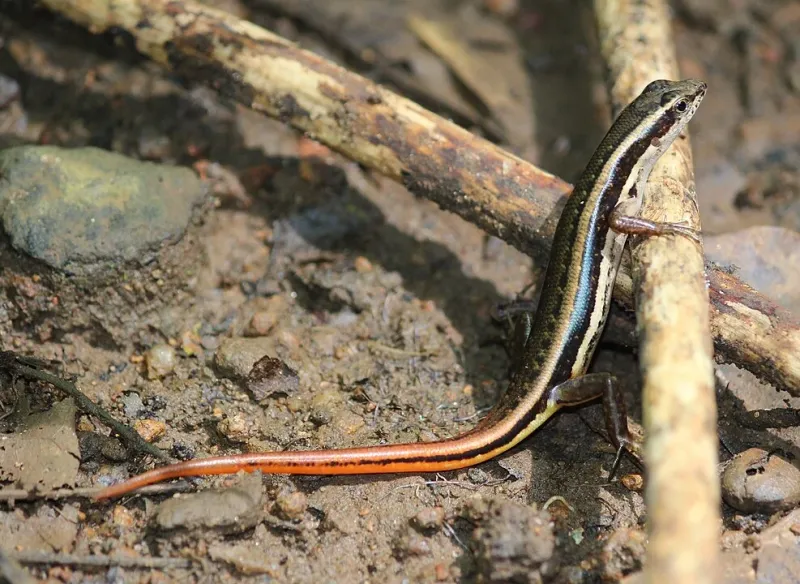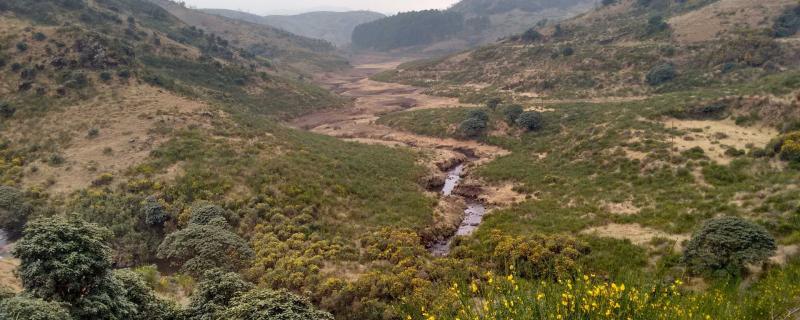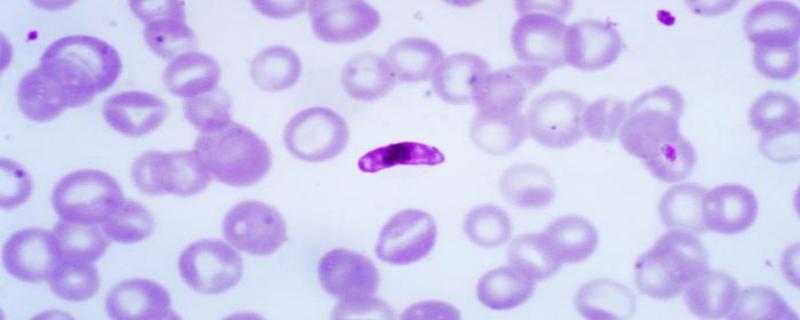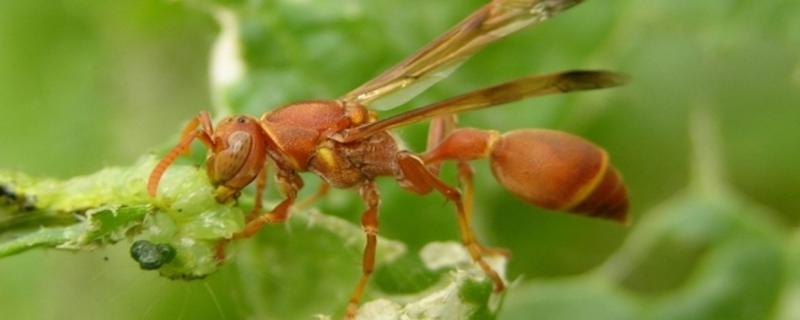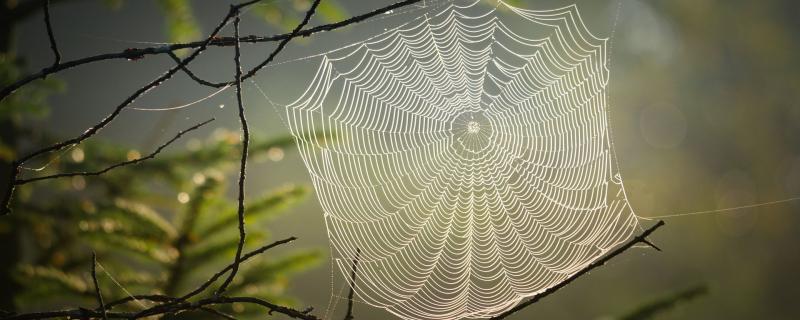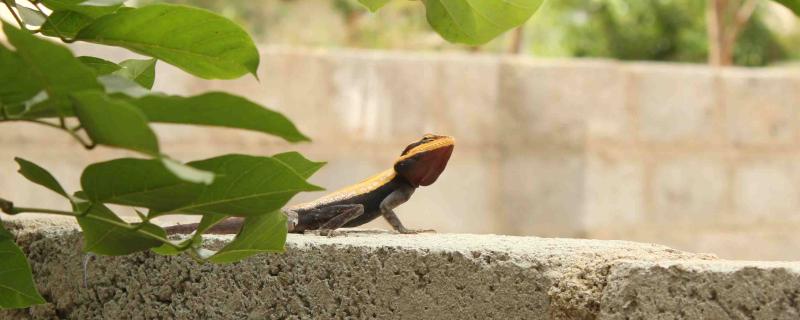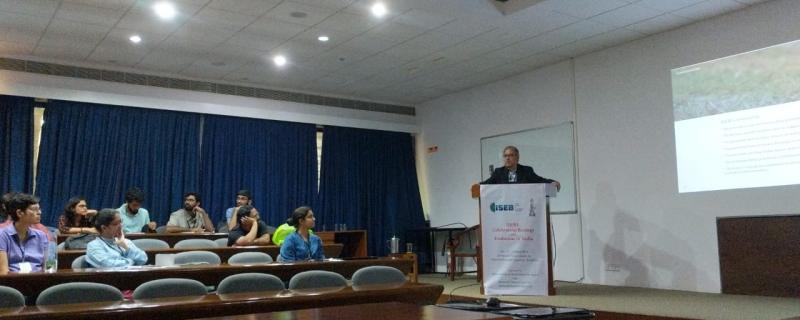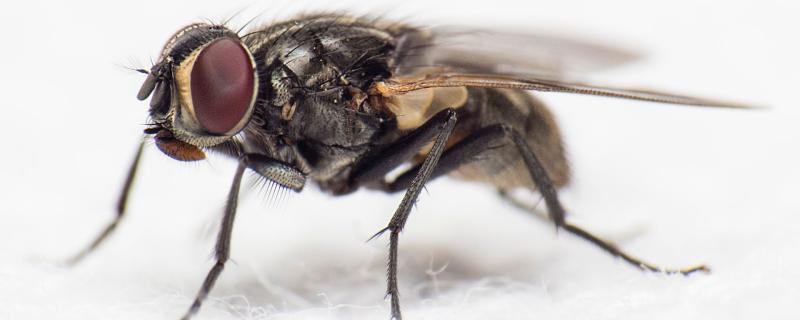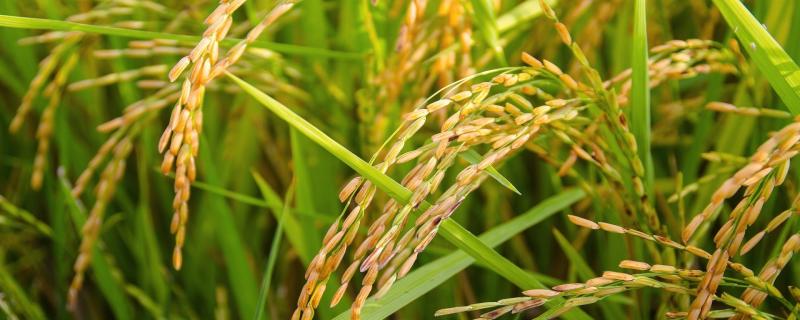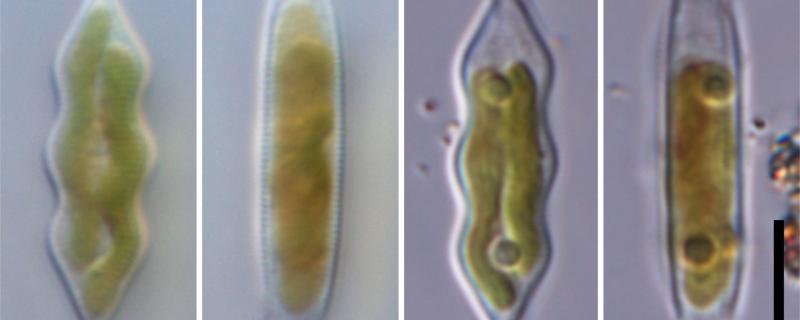Disgusting, annoying or beneficial? What would you call these pestering fruit flies that don’t miss an opportunity to sit on your favourite cut fruit or visit your kitchen a few times? Whatever you call them, did you know we owe a great deal of our knowledge on evolution to these pesky flies? Ever wondered what’s the lifestyle of Drosophila melanogaster, as they are scientifically called, within the four walls of a laboratory where they are experimented upon? Here is a sneak peek.
Ecology
In a recent study, researchers from Sai Nath University, Ranchi, and Bharathiar University, Coimbatore, set out to quantify the impacts of natural radioactivity on the surrounding environment in the Nilgiris of Tamil Nadu. Their findings have been published in the Journal of Radiation Research and Applied Sciences.
Avian malaria or bird malaria has been linked to significant declines in captive and wild birds, such as penguins and Hawaiian forest birds. Common blood parasites, like Plasmodium that spread through mosquitoes and Haemoproteus that are transmitted through louse flies and biting midges, cause the disease in birds.
Study shows how paper wasps use the space in their nests to feed their larvae and fend off diseases.
In a study, researchers at the Indian Institute of Technology, Rupnagar, have explored how prey is caught and retained by a healthy spider web when compared with a damaged one. The study, published in the journal Philosophical Transactions of the Royal Society A, was featured under the theme 'Bioinspired materials and surfaces for green science and technology'. The researchers studied the webs of St Andrew's Cross spider (Argiope aetherea), which builds orb-webs and belongs to the Araneidae family.
Bengaluru, once called the ‘garden city’, has today traded its greenery for the grey tones of cement. The mushrooming buildings have not only changed the city for its human inhabitants but also for animals that once called this land home. Like us, these animals try to adapt to a new and ever-changing world by learning the tricks and trades necessary to thrive. Now, a study by researchers from IISc has discovered that lizards in the city’s suburbs are street smart, and learn faster than their rural brethren, to stay safe.
The Indian Society of Evolutionary Biologists (ISEB), an independent consortium of researchers and faculty working on evolutionary biology in India, is holding its first conference on the 24th and 25th of October, 2019, at the Jawaharlal Nehru Centre for Advanced Scientific Research (JNCASR), Bengaluru. The two-day meeting is themed around ‘Celebrating Ecology and Evolution in India’. It is bringing together eminent researchers and students across the country, who are actively involved in research on evolutionary biology.
In a new study, researchers from the National Centre for Biological Sciences (NCBS), Bengaluru, and the Pennsylvania State University and Colorado State University in the USA, have studied how flies land on ceilings. The researchers have also explored how the fly’s brain integrates visual and balance-related inputs from the surroundings to generate appropriate movement in the wings and legs to achieve a perfect landing.
In a country that predominantly depends on rain for irrigation, loss of crops due to disruptive weather continues to be a source of distress to farmers, and approaches to make crops tolerant to the vagaries of weather are necessary. In a recent study, researchers have shown that, by modifying particular genes, rice plants can be kept alive through periods of acute salinity in their water supply.
In a recent study, researchers from Agharkar Research Institute, India, Harbin Normal University, China and the University of Colorado, USA, have described a new genus of diatoms called Kulikovskiyia. Diatoms belonging to this genus are currently found only in the Western Ghats of India and Hainan Province of China. The study, funded by the Science and Engineering Research Board, was published in the journal Phycological Research.
